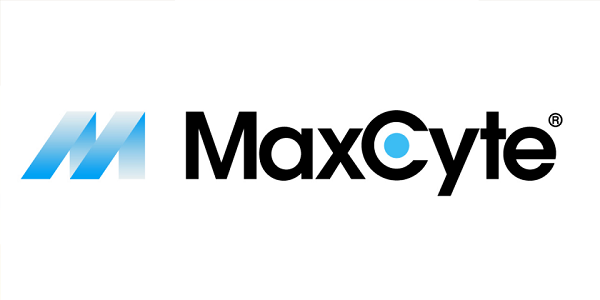DISCLAIMER
The information and materials accessed through or made available for use on any of our Sites, including, any information about diseases, conditions, treatments, or medicines, are for informational purposes only. The Content is not intended to be and is not a substitute for professional medical advice, diagnosis, or treatment, and your participation on our Sites does not create a healthcare professional-patient relationship. You should consult a doctor or other qualified health care professional regarding any questions you have about your health or before making any decisions related to your health or wellness. Call your doctor or 911 immediately if you think you may have a medical emergency.compose your message
message sent
email sent successfully
Trusted Resources: News & Events
Latest announcements and gatherings
MaxCyte and U.S. National Institutes of Health’s National Heart, Lung, and Blood Institute enter cooperative research & development agreement for Sickle Cell Disease
MaxCyte, Inc. today announces it has entered into a Cooperative Research and Development Agreement (“CRADA”) with the U.S. National Institutes of Health (“NIH”). Under this new agreement, MaxCyte and the National Heart, Lung, and Blood Institute (“NHLBI”), part of the NIH, will aim to develop treatments for individuals with sickle cell disease (“SCD”) using next-generation CRISPR/Cas9-based single-nucleotide correction enabled by MaxCyte’s cell engineering platform.
In the search for alternative therapies for SCD, NHLBI will conduct pre-clinical research evaluating the effectiveness and safety of CRISPR-Cas9 gene editing on models of SCD by “correcting” the faulty hemoglobin gene that causes the disease, and addressing DNA mutations in non-corrected cells that contribute to the disease. As part of the agreement, MaxCyte will supply mRNA molecules and focus on leveraging its Flow Electroporation® Technology to develop reliable and effective processes to produce clinically meaningful correction of mutated gene sequences.

 +myBinder
+myBinderRelated Content
-
Community CenterSickle Cell Disease: Gene-Editing Tools Point to Possible Ultimate CureRecent advances in CRISPR/Cas9 gene-edit...
-
education & researchAmerican Society of Gene & Cell Therapy: Blood DisordersBlood is very important to our body. The...
-
news & eventsEarly clinical trial data show gene therapy reversing sickle cell anemiaAfter over a decade of preclin...
-
news & eventsFighting sickle cell disease by looking back to babyhoodFast-track research focused on developin...
-
news & eventsCould Gene Therapy Cure Sickle Cell Anemia?Nearly 20 years ago, scientists stunned ...
-
news & eventsNHLBI Stepping Up Efforts to Apprise SCD Patients of Therapies and TrialsWide interest in a CBS 60 Minutes story ...
-
news & eventsMatthew Porteus awarded grant for sickle cell anemia workThe California Institute for Regenerativ...
send a message
To improve your experience on this site, we use cookies. This includes cookies essential for the basic functioning of our website, cookies for analytics purposes, and cookies enabling us to personalize site content. By clicking on 'Accept' or any content on this site, you agree that cookies can be placed. You may adjust your browser's cookie settings to suit your preferences. More Information
The cookie settings on this website are set to "allow cookies" to give you the best browsing experience possible. If you continue to use this website without changing your cookie settings or you click "Accept" below then you are consenting to this.
Support for this site is provided by

This platform is made possible through a partnership with the Sickle Cell Disease Association of America, Inc. (SCDAA) and its member organizations. SCDAA's mission is to advocate for people affected by sickle cell conditions and empower community-based organizations to maximize quality of life and raise public consciousness while advancing the search for a universal cure.




